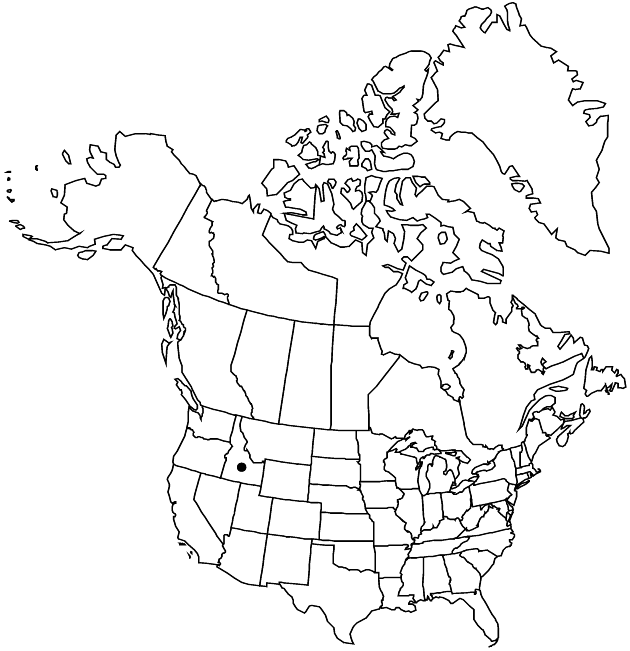Difference between revisions of "Dieteria canescens var. sessiliflora"
Sida 20: 1396. 2003.
Endemic
Basionym: Dieteria sessiliflora Nuttall Trans. Amer. Philos. Soc., n. s. 7: 301. 1840
Synonyms: Machaeranthera canescens var. sessiliflora (Nuttall) B. L. Turner Machaeranthera sessiliflora (Nuttall) Greene
imported>Volume Importer |
imported>Volume Importer |
||
| Line 64: | Line 64: | ||
|publication year=2003 | |publication year=2003 | ||
|special status=Endemic | |special status=Endemic | ||
| − | |source xml=https:// | + | |source xml=https://bitbucket.org/aafc-mbb/fna-data-curation/src/2e0870ddd59836b60bcf96646a41e87ea5a5943a/coarse_grained_fna_xml/V19-20-21/V20_913.xml |
|tribe=Asteraceae tribe Astereae | |tribe=Asteraceae tribe Astereae | ||
|genus=Dieteria | |genus=Dieteria | ||
Latest revision as of 20:06, 5 November 2020
Annuals, biennials, or short-lived perennials. Stems 1+, erect, canescent, usually gland-dotted; branches ascending. Mid leaf blades linear-lanceolate to linear. Peduncles 0 (heads sessile) or shorter than involucres. Involucres narrowly to broadly turbinate, 6–10(–12) mm. Phyllaries in 4–7 series, spreading to reflexed, apices often canescent, stipitate-glandular. Ray florets pistillate, fertile. Cypselae sparsely to moderately appressed-hairy.
Phenology: Flowering Aug–Oct.
Habitat: Flats, canyon slopes
Elevation: 600–1800 m
Discussion
Variety sessiliflora is known only along the Snake River and its tributaries.
Selected References
None.
Lower Taxa
None.
